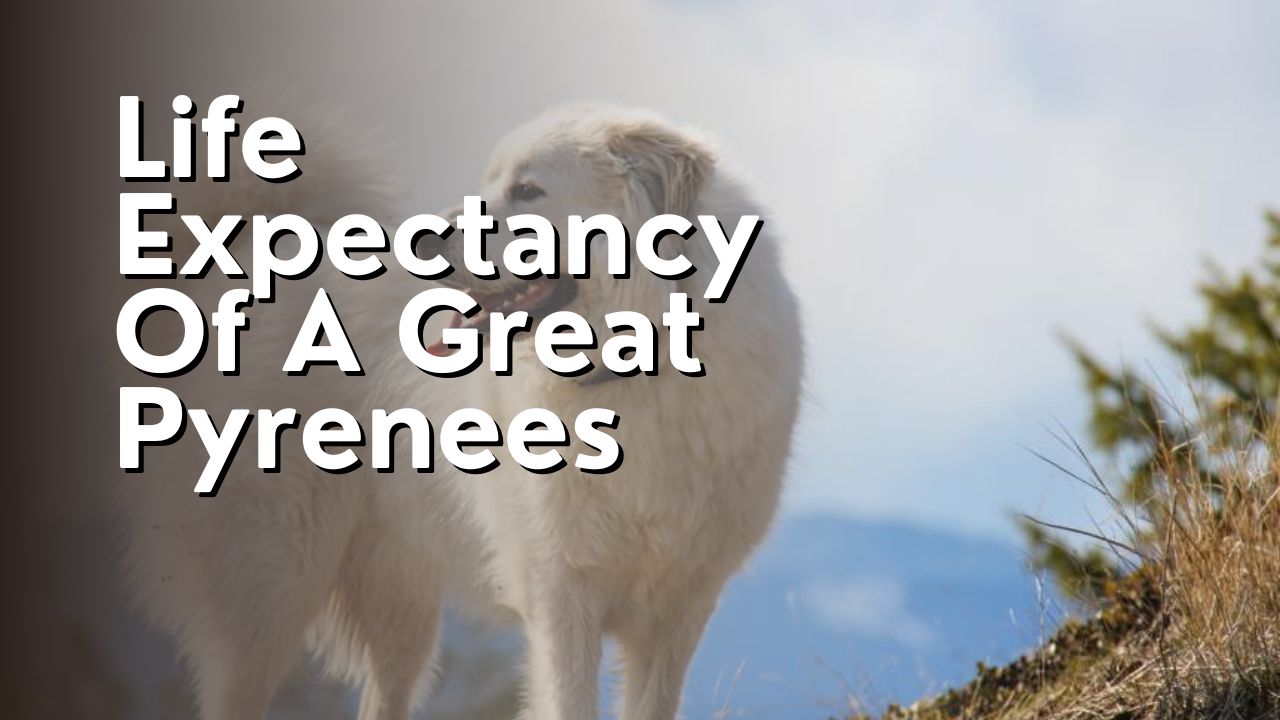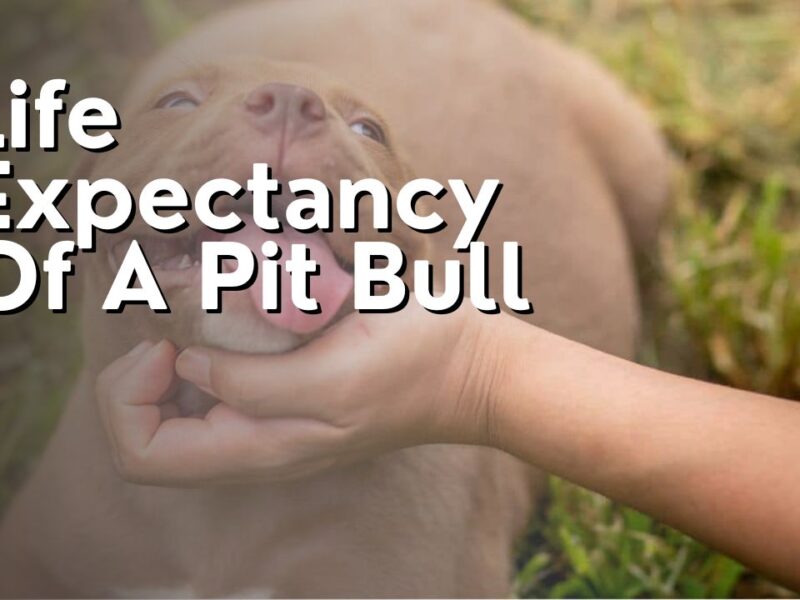Hey there, fellow dog lovers! Have you ever wondered about the life expectancy of a Great Pyrenees? Well, wonder no more! In this article, I’ll be sharing all the important factors that can affect the lifespan of these majestic canines.
As an avid dog owner and enthusiast, I’ve always been curious about the average lifespan of Great Pyrenees. So, I’ve done some extensive research to gather all the necessary information for you.
But that’s not all! I’ll also be providing you with some valuable tips on how to prolong your Great Pyrenees’ life, as well as how to recognize the signs of aging and provide proper senior care.
So, if you want to ensure a happy and healthy life for your Great Pyrenees, this article is a must-read. Let’s dive in and explore the fascinating world of the Great Pyrenees’ life expectancy together!
Factors Affecting Life Expectancy of Great Pyrenees
Let’s dive into the factors that can impact the life expectancy of our beloved Great Pyrenees! As a Great Pyrenees owner, I’ve learned that several factors play a crucial role in determining the lifespan of these majestic dogs.
Firstly, genetics plays a significant part in determining the life expectancy of Great Pyrenees. Like any other breed, these dogs can inherit certain health issues from their parents, such as hip dysplasia or heart problems. Responsible breeders carefully select their breeding pairs to minimize the risk of passing on these genetic diseases.
Another factor that can affect the lifespan of Great Pyrenees is their diet and exercise routine. Providing a balanced diet and regular exercise is essential for maintaining their overall health and well-being. Obesity can lead to various health issues, including joint problems and heart disease, which can shorten their lifespan.
Regular veterinary care is also crucial in ensuring a long and healthy life for our Great Pyrenees. Routine check-ups, vaccinations, and preventive measures against parasites like fleas and ticks are necessary to keep them in optimal health.
Lastly, the living environment and lifestyle also impact their life expectancy. Great Pyrenees thrive in spacious areas with room to roam, exercise, and exhibit their natural instincts. Providing them with a safe and stress-free environment contributes to their overall well-being and longevity.
In conclusion, genetics, diet and exercise, veterinary care, and living conditions are all important factors that can impact the life expectancy of our Great Pyrenees. As responsible owners, it’s our duty to provide them with the best care possible to ensure they lead long and fulfilling lives.

Average Lifespan of Great Pyrenees
You may be curious to know that Great Pyrenees tend to live for about 10 to 12 years on average. This can vary depending on various factors such as genetics, overall health, and the quality of care they receive.
Here are some important things to consider regarding the average lifespan of Great Pyrenees:
- Genetics: Like any other living being, genetics play a significant role in determining the lifespan of a Great Pyrenees. Dogs with a family history of health issues may have a shorter lifespan compared to those with healthier genetics.
- Health Care: Regular veterinary check-ups, vaccinations, and preventive care are essential for maintaining a Great Pyrenees’ health. Timely medical interventions can help identify and address any potential health issues, thus increasing their lifespan.
- Diet and Exercise: Providing a balanced diet and regular exercise is crucial for the overall well-being of Great Pyrenees. A nutritious diet and appropriate exercise can help prevent obesity and related health problems, ultimately contributing to a longer lifespan.
- Quality of Life: Great Pyrenees thrive in an environment that offers mental stimulation, companionship, and a safe space. A loving and caring home, socialization, and mental enrichment activities can contribute to their overall happiness and longevity.
By understanding these factors and taking necessary steps to provide proper care, you can help ensure that your Great Pyrenees lives a long and healthy life.
Tips for Prolonging Your Great Pyrenees’ Life
To maximize your Great Pyrenees’ potential for a long and healthy existence, incorporate these tips into their daily routine.
- First and foremost, provide a balanced and nutritious diet. Feed them high-quality dog food that meets their specific needs and avoid overfeeding to prevent obesity.
- Regular exercise is essential for their overall well-being. Take them for daily walks, play fetch, or engage them in other physical activities to keep them active and prevent weight gain.
- Regular visits to the veterinarian are vital for preventative care. Schedule annual check-ups and vaccinations to keep your Great Pyrenees protected against common diseases.
- Dental hygiene is often overlooked but crucial for their overall health. Brush their teeth regularly and provide them with dental chews or toys to prevent dental problems.
- Grooming plays a significant role in their life expectancy. Brush their coat weekly to remove loose hair and prevent matting. Regular bathing is necessary to keep their skin and coat clean and healthy. Pay attention to their ears and nails as well, keeping them clean and trimmed to avoid infections or discomfort.
- Lastly, provide a loving and stimulating environment. Great Pyrenees thrive on companionship and mental stimulation. Spend quality time with them, engage in training sessions, and provide them with interactive toys to keep their minds active and prevent boredom.
By following these tips, you can help prolong your Great Pyrenees’ life and ensure they live a happy and healthy life by your side.
Signs of Aging and Senior Care for Great Pyrenees
Aging can bring about various changes in the behavior and physical condition of Great Pyrenees, necessitating specialized care and attention. As my Great Pyrenees reaches their senior years, I have noticed a few signs of aging that require extra care and consideration. Here are some important things to keep in mind when caring for your senior Great Pyrenees:
- Joint stiffness and arthritis: Older Great Pyrenees may experience joint stiffness and arthritis, making it difficult for them to move around comfortably. Providing them with a soft and supportive bed, regular exercise, and joint supplements can help alleviate their discomfort.
- Dental issues: Dental health is crucial for senior Great Pyrenees. Regular dental check-ups, brushing their teeth, and providing dental-friendly treats can help prevent dental issues and keep their teeth healthy.
- Weight management: As Great Pyrenees age, they may become less active and prone to weight gain. Monitoring their diet and ensuring they receive proper exercise will help them maintain a healthy weight and reduce the risk of obesity-related health issues.
- Mental stimulation: Senior Great Pyrenees may experience cognitive decline. Engaging them in mentally stimulating activities, such as puzzle toys or training sessions, can help keep their minds sharp and prevent boredom.
By understanding and addressing these signs of aging and providing specialized care, we can ensure our senior Great Pyrenees live a comfortable and fulfilling life.

Creating a Happy and Healthy Life for Your Great Pyrenees
Ensuring a happy and healthy existence for my beloved Great Pyrenees involves providing them with a nurturing environment and addressing their individual needs.
One of the most important aspects of creating a happy life for my Great Pyrenees is providing them with regular exercise. These dogs have a lot of energy and need plenty of opportunities to run and play. I make sure to take my Great Pyrenees for daily walks and provide them with toys and games to keep them mentally stimulated.
Additionally, a balanced diet is crucial for their overall health and well-being. I make sure to feed my Great Pyrenees high-quality dog food that is appropriate for their age and size.
Regular visits to the veterinarian are also essential to ensure that my Great Pyrenees is up to date on vaccinations and receives any necessary medical care.
Lastly, providing my Great Pyrenees with lots of love, attention, and socialization helps to keep them happy and content. I make sure to spend quality time with my Great Pyrenees, giving them affection and positive reinforcement.
By taking these steps, I can create a happy and healthy life for my Great Pyrenees.
Frequently Asked Questions
How often should I take my Great Pyrenees to the vet for check-ups?
I take my Great Pyrenees to the vet for check-ups once a year to ensure their overall health and well-being. It’s important to schedule regular vet visits to catch any potential issues early on.
Are Great Pyrenees prone to any specific health conditions?
Great Pyrenees are prone to specific health conditions. They may develop hip dysplasia, bloat, and skin allergies. Regular check-ups with a vet are important to catch any potential issues early on.
What is the ideal diet for a Great Pyrenees to promote a longer lifespan?
The ideal diet for a Great Pyrenees to promote a longer lifespan includes a balanced mix of high-quality protein, fruits and vegetables, and essential nutrients. Regular exercise and portion control are also important factors for their overall health and longevity.
Can regular exercise help extend the life of my Great Pyrenees?
Regular exercise can definitely extend the life of my Great Pyrenees. It helps maintain a healthy weight, improves cardiovascular health, strengthens muscles and joints, and enhances mental stimulation and overall well-being.
Are there any specific grooming routines that can contribute to a longer life for Great Pyrenees?
Regular grooming routines, such as brushing their thick coat to prevent matting and ensuring proper dental care, can contribute to a longer life for Great Pyrenees.
Conclusion
In conclusion, taking care of a Great Pyrenees requires a deep understanding of their specific needs. By providing proper nutrition, regular exercise, and routine veterinary care, you can help prolong their lifespan.
Additionally, monitoring for signs of aging and providing appropriate senior care will ensure their comfort and well-being.
Remember, a happy and healthy life for your Great Pyrenees is within your control, and with the right care, they can live a long and fulfilling life by your side.


